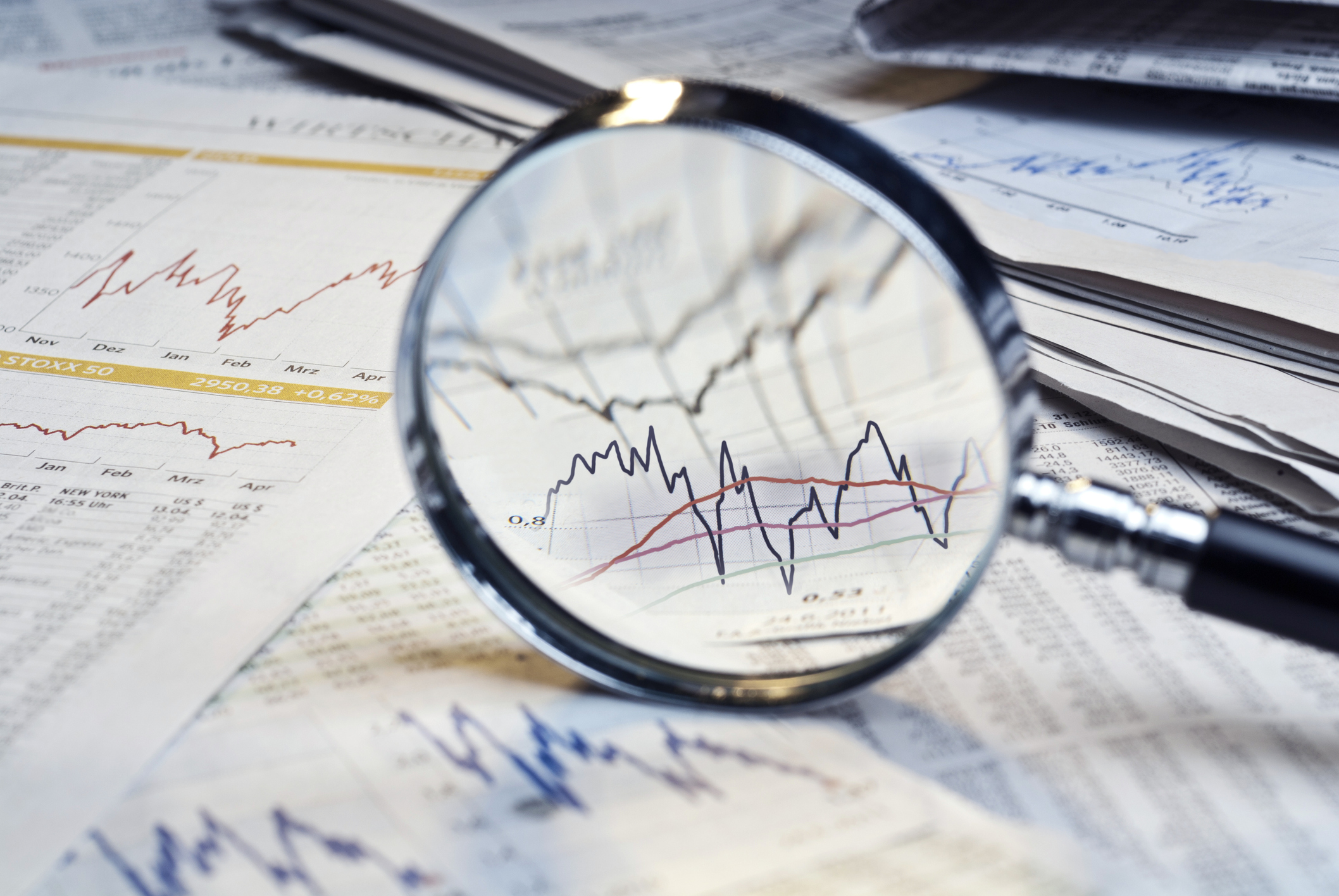

Legislators are expected to introduce one or more legislative proposals this fall to limit their power. The firms will most certainly exercise caution about which deals to pursue, given strong bipartisan support for more antitrust enforcement, said Tom Forte, an analyst with D.A. "I think big tech has heard a very loud whisper to lay low for a minute," said Nicol Turner-Lee, director of the Brookings Institution's Center for Technology Innovation, in an interview. And Apple is facing a multistate probe led by Arizona that seeks to determine whether the company's intentional slowing of older iPhones breached deceptive trade practice laws, according to a July 29 Reuters report. The probes were announced after Amazon CEO Jeff Bezos said at the July 29 hearing that he could not guarantee that the company did not violate an internal policy that prohibits Amazon from using third-party seller data to aid its private-label products.įacebook's 2012 purchase of Instagram LLC is also being scrutinized by lawmakers as potentially anti-competitive. Meanwhile, the governments of Canada and Germany both announced probes into whether Amazon is engaging in conduct that impacts consumers and businesses. for $2.1 billion with an investigation into the deal.

The European Union is probing Amazon over whether the company's use of data on third-party sellers violates EU competition rules, as well as slowing Google's plans to purchase U.S. House Judiciary Committee's antitrust subcommittee, which is examining whether these companies have abused their market power. lawmakers grilled the CEOs of Amazon, Apple, Alphabet and Facebook during a July 29 hearing before the U.S. Source: Whole Foodsīut the big tech firms are expected to keep a lower profile in acquisitions as antitrust scrutiny grows in North America and Europe. But experts expect Amazon and the other big tech companies to avoid blockbuster deals that could catch the attention of lawmakers. in 2017, giving it access to the grocery market. "The one category that they were significantly lagging in when it came to retail and e-commerce in particular was on grocery and food." The Whole Foods deal was by far Amazon's largest acquisition and a move that gave the company a better understanding of how grocery store supply chains work while informing its own line of grocery stores, said Mark Shmulik, a vice president and senior analyst with AB Bernstein, in an interview.Īmazon's approach to acquisitions has "always been to get into a new revenue pool," Shmulik said. in 2017 that gave the company access to the grocery market, and the company's 2018 acquisition of PillPack for $753 million that allowed it to leap into the prescription drug business. Consider Amazon's $13.7 billion purchase of Whole Foods Market Inc. Over the past decade, Amazon and other big tech companies Apple, Facebook and Alphabet have been on a deal-making spree that allowed them to morph into some of the biggest tech companies in the world.Īmazon was the least active of the four, but experts say those transactions were significant. READ MORE: Sign up for our weekly coronavirus newsletter here, and read our latest coverage on the crisis here. "Anything that touches on privacy or more consumer information is going to be scrutinized," said Michael Pachter, an analyst with Wedbush Securities, in an interview. It is also likely to steer clear of deals in areas such as privacy and surveillance that could add to the narrative that Amazon holds too much power, especially amid the economic fallout of the coronavirus pandemic. The e-commerce company is likely to target companies in areas such as cloud computing and emerging technologies. and abroad will lead Amazon to pursue even fewer overall acquisitions, and limit deals to smaller, less well-known companies that fly under the radar, experts say. and Alphabet Inc., which have seen deal flow decline over the past few years. The decline mirrors a broader trend among Big Tech companies Apple Inc. As of August 2020, Amazon had announced two acquisitions. Amazon and its subsidiaries announced nine deals in 2019, up from six in 2018 but down from 13 in 2017, according to data compiled by S&P Global Market Intelligence. Deal activity, however, has slowed in recent years as lawmakers pushed to limit its influence. Over the past decade, Amazon announced 76 acquisitions that contributed to its market dominance. lawmakers and stronger antitrust rules, experts say. But a deceleration in the pace of its acquisitions could further slow amid recent scrutiny by U.S.

spent years growing its market power by scooping up emerging and complementary companies.


 0 kommentar(er)
0 kommentar(er)
